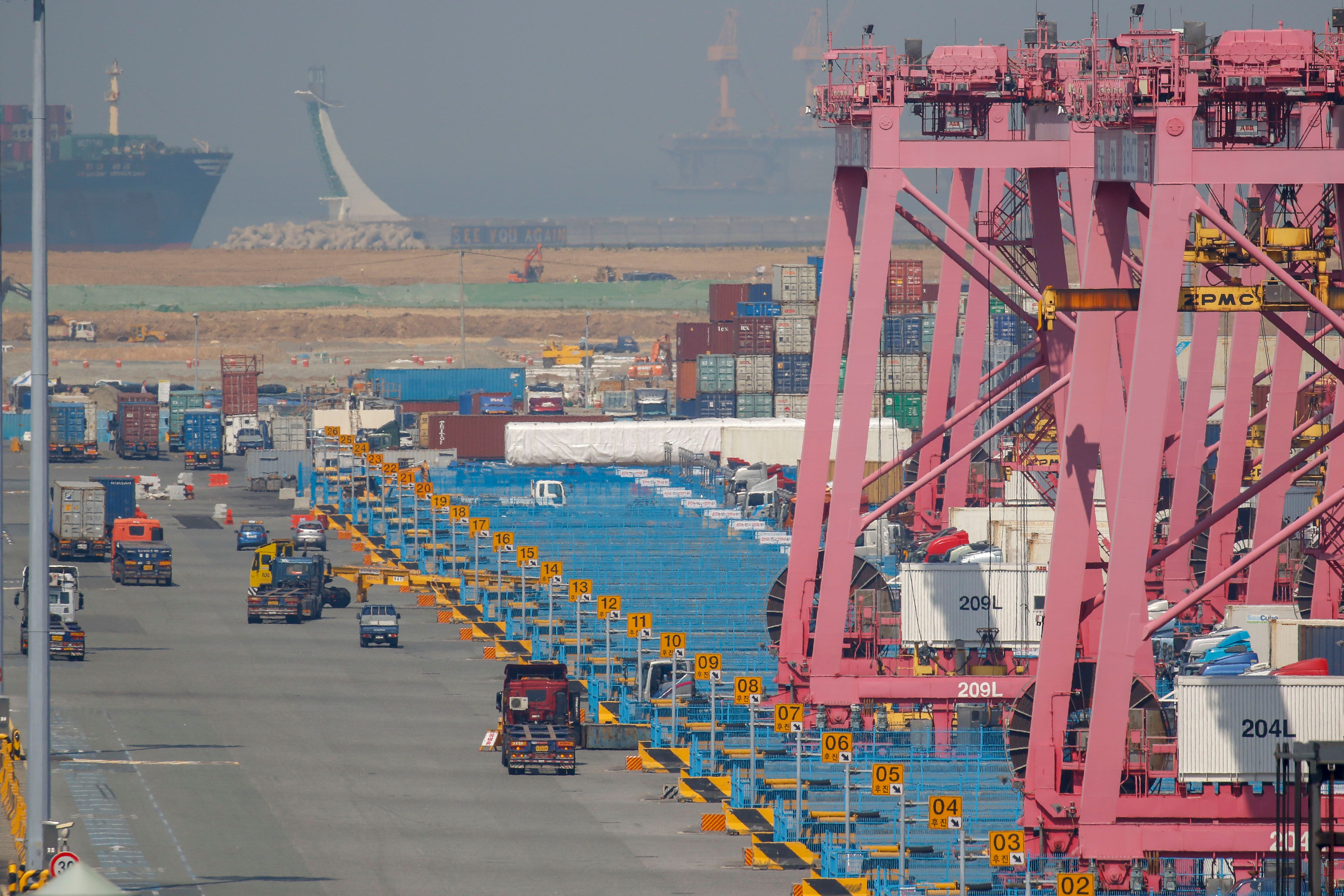OECD Starts Secretary-General Search

What is the OECD?
An intergovernmental organisation, the OECD aims to promote economic growth and raise living standards in its 37 member states which are developed economies. It was created by the convention signed in Paris on 14 December 1960, which entered into force in 1961. The OECD is the successor of the Organisation for European Economic Cooperation (OEEC), which managed the support provided to Europe after World War II under the Marshall Plan. The OECD includes countries from Europe (the European Commission also participates in the work of the organisation, but without the right to vote), North and South America, and the Asia-Pacific region. In total, these 37 states account for about 62% of global GDP. Members must meet two basic criteria: they must be market economies and democratic states. Poland became a member of the OECD in 1996. It was the first Western integration organisation to which Poland joined after 1989.
How does it work and what does it do?
The OECD primarily performs advisory and information functions based on extensive datasets gathered from information provided by individual member governments and the private sector. In addition, it carries out socio-economic analysis, including comparative studies of its members. The organisation is also a forum for exchanging experience and good practices, setting international standards, and agreeing solutions to global problems (e.g., tax havens). Its work is carried out through more than 300 committees and expert groups. The OECD also pursues its goals in cooperation with other countries and partner organisations, such as the World Bank (over 100 in total). Thanks to its global reach, the OECD can act as an intermediary between developed and developing countries.
What is the role of the secretary-general?
The secretary-general proposes directions for the development of the organisation and topics on which it should focus its activity. This person chairs the main body of the organisation, the OECD Council, composed of ambassadors from member states and the European Commission (heads of government and elected ministers; for example, trade and finance ministers meet once a year). The secretary-general also heads the OECD Secretariat, which coordinates the day-to-day work of the organisation, including the conduct of socio-economic research and analysis. Its budget is over $400 million and it employs 3,300 people, including economists, statisticians, and lawyers. The secretary-general also represents the OECD around the world, including in relations with partner countries and other international organisations.
What are some of the OECD’s achievements?
The OECD is recognised as a pillar of the global economic governance system. It is valued as a forum for discussion on various topics, including taxes, education, and climate. It established rules on the provision of development aid and export credits, and created a catalogue of measures aimed at reducing tax avoidance (a total of 135 countries participated in their development, including the G20). Moreover, the guidelines and rules developed by the OECD in the field of competition, investment, and anti-corruption are widely accepted. The organisation also is conducting advanced talks on the principles of digital taxes in which 137 countries and territories participate. The first round of negotiations is to be closed by the end of this year.
What challenges does the OECD address?
In the short term, the organisation’s activities will focus on the recovery of the economies of its member states after the pandemic. The crisis will also aggravate the problems of economic inequality and poverty. In the long term, the key area of OECD activity will be combating climate change, biodiversity decline, and environmental degradation. To this end, the OECD monitors the implementation of the 2030 Sustainable Development Goals, adopted by the United Nations, and examines the impact of economic policies on climate change. In this context, the experience of the next secretary-general on climate issues will be useful in guiding the organisation. The OECD can also play an important role in setting global rules for a modern economy, digitisation (including digital taxation), the use of artificial intelligence, and data protection.


